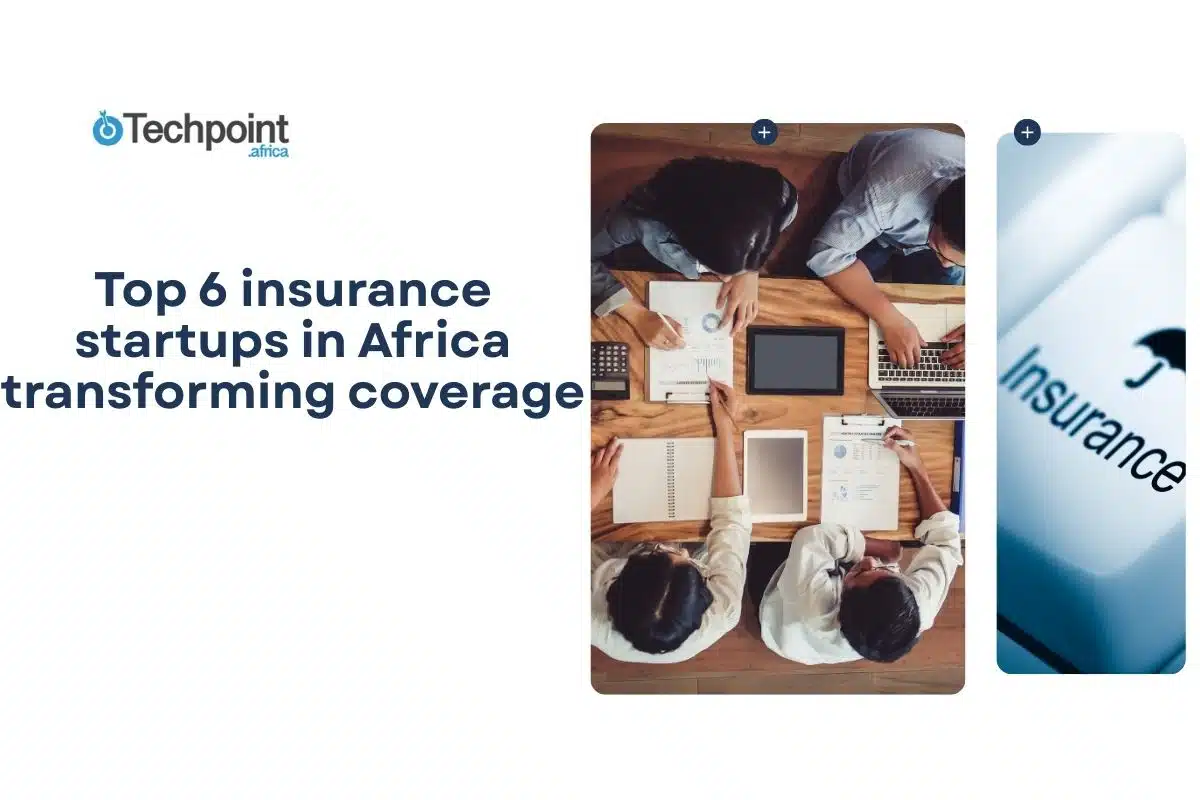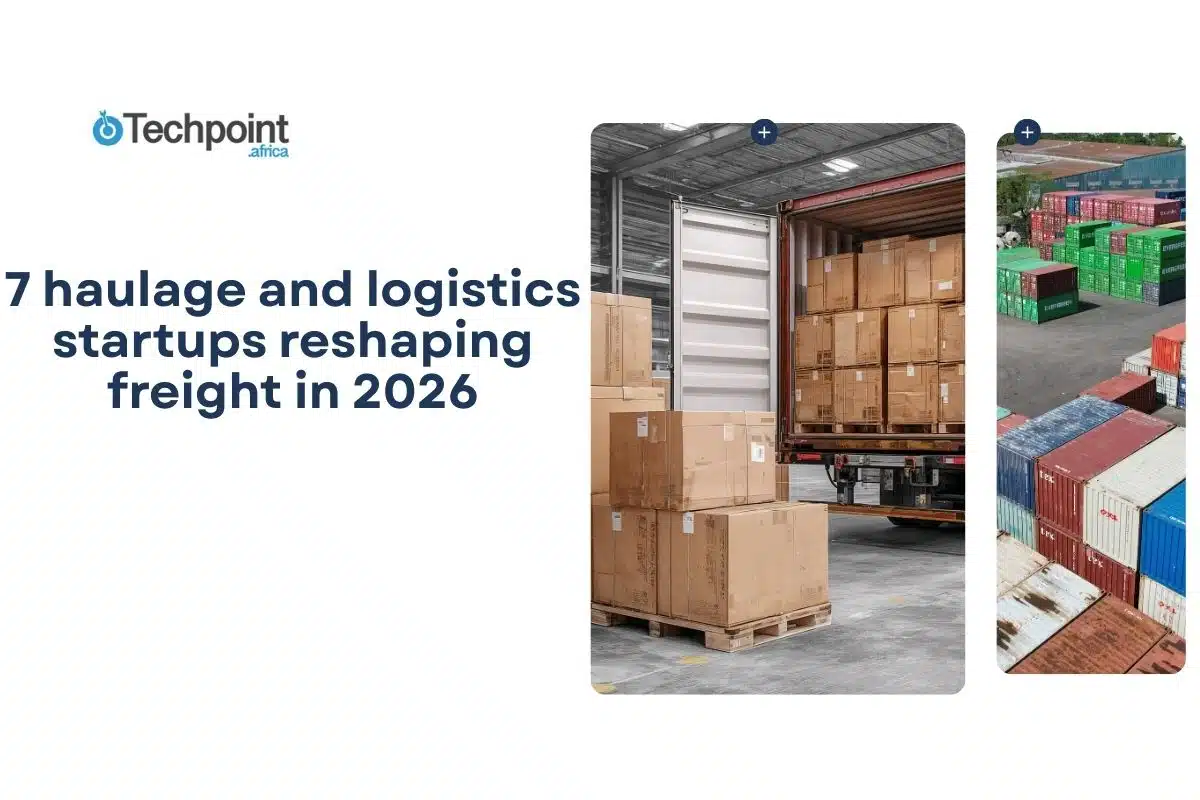When news broke of Moove’s historic $210 million debt raise last year, I couldn’t help but imagine the mix of exhilaration and weight that the leadership must have felt. Unlike equity, which often feels like a gift, debt is a contract. Every dollar comes with a question: can you deliver?
Debt carries a different kind of weight — accountability. For that very reason, many founders recoil at it. It exposes weaknesses, demands predictability, and enforces governance standards that many find hard to bake in at the onset. I, however, believe that this very burden is exactly what African tech needs to unlock the next phase of scaled impact.
We have so many brilliant ideas and passionate founders, but too often, ambition outpaces execution. With debt, founders will be forced to develop healthy habits and frameworks that could transform potential into lasting legacy.
For years, African tech thrived on headlines, big cheques, and a grow-at-all-costs mentality. Equity’s forgiveness masked operational weaknesses, letting startups limp along without clear paths to profitability.
Debt could rewrite those rules for the right kind of startup. It pushes founders to focus on what truly matters: building stable revenue streams, running lean operations, and putting strong governance at the heart of their companies.
Not for everyone
Of course, debt isn’t for every venture — early-stage startups without predictable cash flows or clear business models may find it burdensome at the onset. But for those at an inflection point, where scaling demands discipline as much as capital, debt can be transformative.
Imagine the shift if more founders embraced this discipline: the ecosystem could evolve from hype-driven growth to sustainable, credible companies capable of solving Africa’s toughest problems and eventually exporting solutions globally.
In a hypothetical cohort of 100 startups, the seventy that embrace debt’s discipline will survive, scale, and earn trust from investors. This isn’t far-fetched; studies show that firms using debt in their first year of operations are significantly more likely to survive and generate higher revenues within three years than firms relying solely on equity.
Over time, these disciplined startups become well placed to shape the ecosystem. An investor I deeply respect puts it this way: “Good habits compound.” Predictability attracts capital, and capital fuels sustainable growth. Debt is clearly not a constraint; it is the framework for a thriving, credible market.

Victoria Fakiya – Senior Writer
Techpoint Digest
Make your startup impossible to overlook
Discover the proven system to pitch your startup to the media, and finally get noticed.
When the funding report for the first half of the year came in, it was encouraging to see debt starting to rise in record numbers.
As of the end of June, African startups had raised $1.42 billion, with nearly a third ($448 million) coming in the form of debt. That’s something to be celebrated. While this isn’t yet a systemic shift, it’s a promising signal, and one founders need to begin to prepare for.
Debt as a strategic force
Could debt one day surpass equity as the dominant form of startup funding in Africa? Perhaps. However, the real question isn’t whether founders want this shift, but whether they are prepared for it. Investors want it, and quite frankly, it’s arguably a greater option if founders are to scale massively without diluting ownership.
This is the new challenge for founders. To attract debt financing, they must adopt practices that once seemed optional.
Predictable revenue is the foundation. Lenders need clear visibility into cash flows and profitability. For startups used to equity-funded flexibility, this may feel constraining, but it ensures stability, smarter decision-making, and resilience against shocks.
Credible governance is the next pillar. Transparent controls, internal processes, and regulatory adherence signal reliability. Governance isn’t just about satisfying lenders; it strengthens decision-making, risk management, and long-term sustainability. Debt investors bet on trust as much as potential.
Hybrid structures offer the most forward-looking approach. Combining equity’s flexibility with debt’s discipline allows startups to scale aggressively while retaining ownership and operational control.
Equity absorbs risk and fuels innovation; debt enforces accountability and operational rigour. Together, they create resilient startups capable of sustainable growth – the kind of companies that can shape a robust ecosystem.
Taken together, these practices reshape how startups operate. They enforce habits, enhance credibility, and build a foundation for long-term success. Debt becomes more than capital; it becomes a framework for discipline, sustainability, and ecosystem-wide growth.
Equity built Africa’s unicorns. I think debt could crown the survivors. And it will be great to see that founders and investors not only welcome its rise but also advocate for it. Debt may be harder, less glamorous, and sometimes uncomfortable, but that is precisely why we need more of it. The future of African tech may well depend on it.
About the author
Kayode Opeyemi is a fintech and risk compliance expert with a background in corporate finance, technology, and innovation management. He most recently served as an Assistant Manager at KPMG UK, where he led projects spanning internal audit, financial governance, and enterprise risk across sectors including banking, healthcare, and consumer markets.
He helps organisations navigate complex regulatory landscapes, delivering solutions that drive resilience, operational efficiency, and sustainable growth. He is especially passionate about helping fintechs scale responsibly by embedding strong compliance frameworks from day one.











